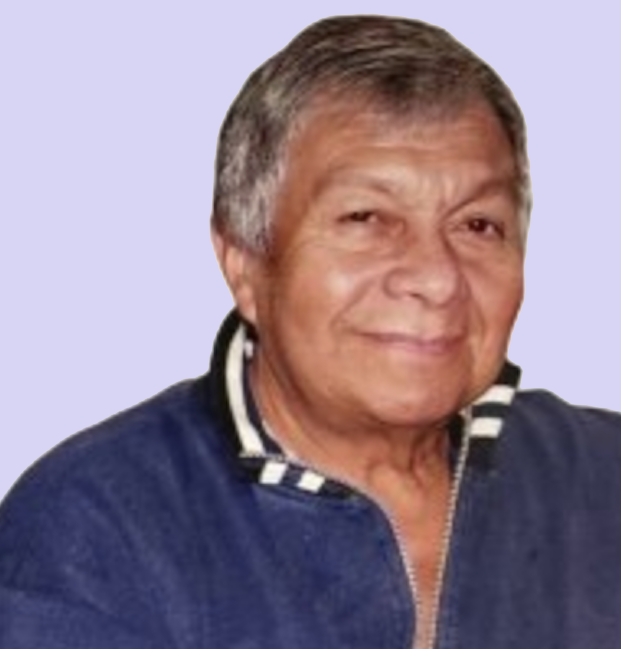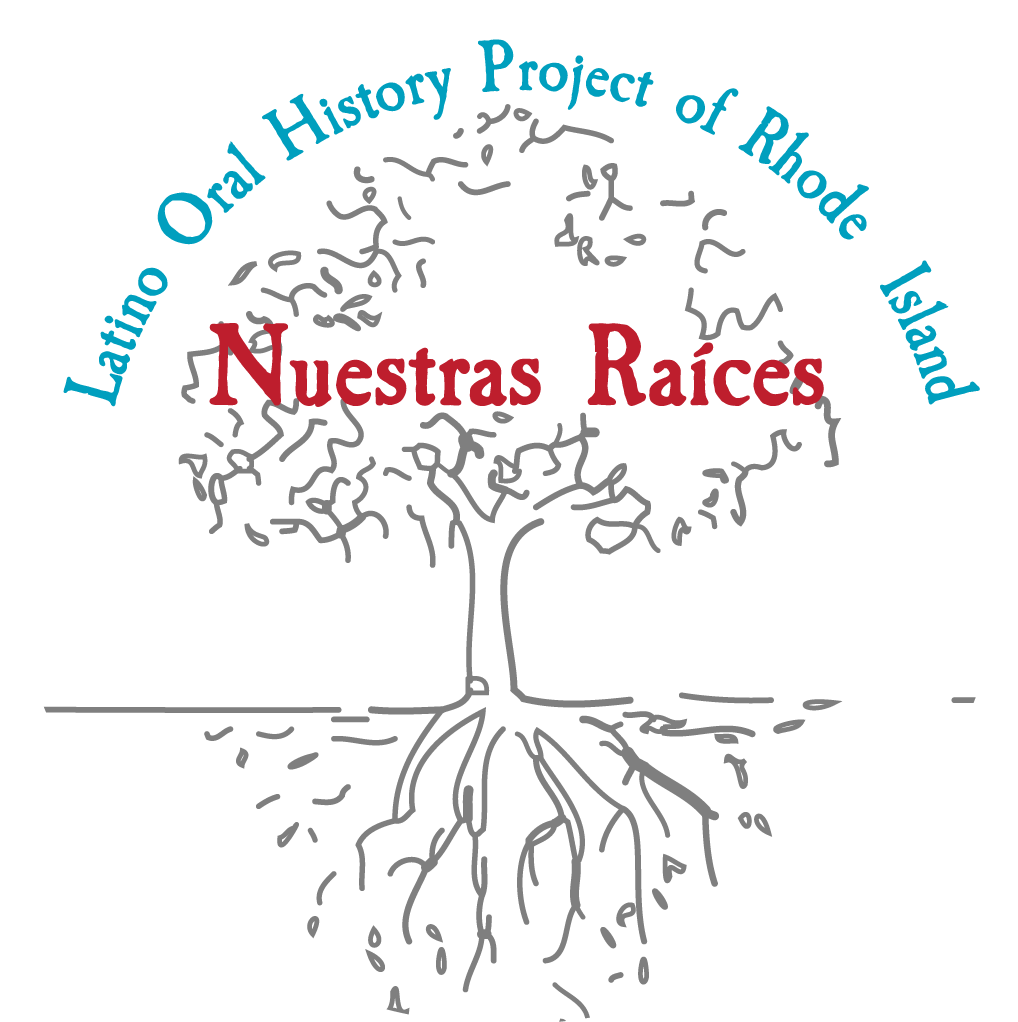Gustavo Carreño llegó a Rhode Island el 8 de marzo de 1965, con solo 22 años, como uno de los primeros colombianos reclutados para trabajar en la industria textil local. Fue seleccionado por Horacio Gil, un supervisor colombiano que colaboró con Jay Giuttari, dueño de Lyon Silk Works, para identificar tejedores altamente calificados. Junto a Gustavo llegaron también Valentin Ríos y el propio Horacio. Mientras Horacio se mudó a California al poco tiempo, Gustavo y Valentin se quedaron, convirtiéndose en pioneros de la comunidad colombiana en el estado.
Poco después, Jay ayudó a Gustavo a traer a su esposa, Herminia, quien viajó desde Barranquilla en el mismo vuelo que Pedro Cano, otro trabajador reclutado. Sus cuatro hijos permanecieron en Colombia bajo el cuidado de sus abuelos hasta que Gustavo y Herminia pudieron establecerse en una casa en Central Falls. Aunque al principio pensaban regresar a Colombia, su vida se arraigó en Rhode Island.
En 1982, abrieron Colombia Record and Gift Shop, la primera tienda de música latina en el estado, manejada principalmente por sus hijos.
Gustavo vivió el resto de su vida en Rhode Island y falleció el 14 de marzo de 2025, a los 84 años.
After we arrived, we got right to work at Lyon—the machinery was very familiar to us and so we did not need any training. At first, to earn some money, Horacio took on work at Lyon as a machinist. But after about a year, he left for California.
Valentin and I stayed behind, and during the summer and later in the fall, others began to join us. Together we all became the first Colombian immigrants to build a life in Rhode Island.
Valentin and I were roommates for a while on Cowden Street. And within a few months of settling in, Jay helped me bring over my wife, Herminia. She flew in on the same flight as Pedro Cano, another Colombian who had also been recruited by Jay to work at Lyon.
At first, it was just me and Herminia. Our four children remained in Barranquilla with their grandparents. We made that decision because we didn’t want to uproot them until we were more settled. And to be honest, I always felt at peace knowing they were in the hands of family—especially their grandparents, who could care for them just as lovingly, maybe even better than we could at the time. It took us three years to save enough to get a house, and once we did, we brought them all to live with us here in Rhode Island.
Back then, Herminia and I thought we’d only stay for a few years. The idea was to work, save money, and return home to Colombia. But as time went on, things changed. We had opportunities we didn’t expect, and life kept pushing us forward here. By 1983, I had been in Rhode Island for 18 years—longer than I ever imagined—and hadn’t once gone back to Colombia. By then, all my children were with us, and this place had become home.
Herminia also worked hard. She joined Hasbro Industries not long after arriving and, by 1983, had been with them for 16 years. Between us, we built a life from the ground up.
In the fall of 1982, we opened the Colombia Record and Gift Shop at 539 Broad Street. It was a proud moment for our entire family. We opened it mostly because we could not find the familiar music from home. As it turned out, it became the first Latin music store in the state of Rhode Island!

Lisette, our youngest daughter. Who was still in high school, helped in the store when she wasn’t in class. Her sisters Redentora and Milena were older—Redentora studied at Mount Ida University in Boston, and Milena was training to be a legal secretary at the Sawyer School. Francisco, our son, had served in the U.S. Army. He was studying management and worked in the shop during his summer breaks and during Christmas leave. And our youngest, Gustavo—our Rhode Island-born son—loved pitching in, helping his siblings unpack boxes and organize records.
The store wasn’t just a business—it was something we built for our children. A way for them to learn, to work together, and to connect with their culture. And they did a terrific job. I look back on it all now, and I’m proud—not just of the hard work, but of the life we created here. Central Falls may not have been our original plan, but it became our home.


